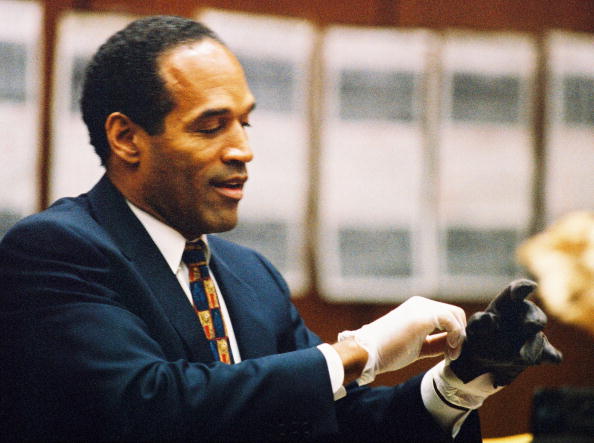These “health effects” include irregular heart rhythms and, in children who may have hidden heart risks, sudden death.
Monster Energy Sued Over Death of Teen
In their lawsuit, Fournier’s parents report that their daughter bought and drank a 24-ounce can of Monster Energy at a local candy store. The next day, she bought another one and drank it, too.
A few hours later, Anais Fournier’s heart stopped. An ambulance took her to the hospital. She was put into an induced coma in an effort to keep her brain alive. But six days later — on Christmas Eve 2011 — she died.
The lawsuit notes that Monster Energy does not list the amount of caffeine in Monster Energy. It estimates that each of the two cans the girl drank contained 240 mg of caffeine. Recommended teen and child doses of caffeine should not exceed 100 mg per day; adults should have no more than 400 mg per day.
The lawsuit claims Monster Energy is a dangerous product, that its maker failed to warn consumers of any risk, and that the company is negligent in marketing the product to teens and young adults.
In a news release, Monster Beverage Corp. states that it stands by the safety of its products. “Monster is saddened by the untimely passing of Anais Fournier, and its sympathies go out to her family. Monster does not believe that its products are in any way responsible for the death of Ms. Fournier and intends to vigorously defend the lawsuit. … Neither the science nor the facts support the allegations that have been made. Monster reiterates that its products are and have always been safe.”
The American Beverage Association, the trade group that represents the soft drink industry, notes that Monster Energy has never been an ABA member.
However, the group notes that energy drinks’ “ingredients and labeling comply with all U.S. FDA requirements.”
The ABA and its members have developed voluntary guidelines for labeling and marketing energy drinks. The guidelines say ABA members that make energy drinks should:
- Identify on their labels the amount of caffeine from all sources in the beverage.
- Not promote mixing energy drinks with alcohol or claim that energy drinks counteract the effects of alcohol.
- Advise on their labels that energy drinks are not intended or recommended for children, pregnant or nursing women, or others sensitive to the effects of caffeine.
- Not market energy drinks as sports drinks.
- Not market or sell energy drinks in elementary, middle, or high schools.
- Not market energy drinks to children.
FDA Investigating Monster Energy Drink Death Reports was originally published on blackdoctor.org
















